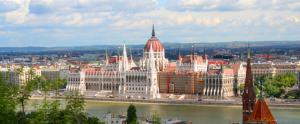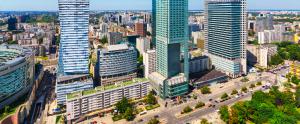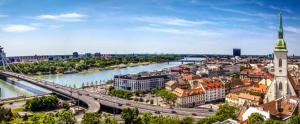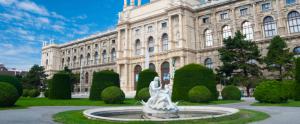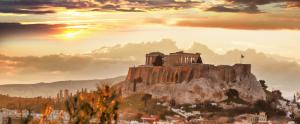You are here Home » Trips a-la-carte » Destinations » Portugal » Culture overview
Portugal - Culture overview
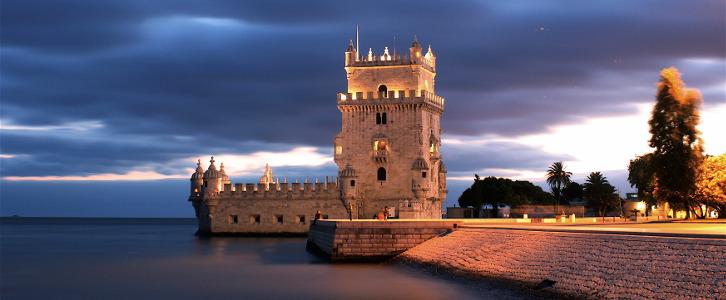
The culture of Portugal comes from the Latin culture of Ancient Rome. Portugal, as a country with a long history, is home to several ancient architectural structures, as well as typical art, furniture and literary collections mirroring and chronicling the events that shaped the country and its peoples. It has a large number of cultural landmarks ranging from museums to ancient church buildings to medieval castles, which testify its rich national cultural heritage. It has a large number of cultural monuments which testify its rich national cultural heritage.
Architecture - Portugal boasts several scores of medieval castles, as well as the ruins of several villas and forts from the period of Roman occupation.
The religion - Many Portuguese holidays, festivals and traditions have a Christian origin. The country has small Protestant, Muslim, Hindu, Sikh, Christian Orthodox, Baha'i and Jewish communities, largely composed of foreigners. It also has a growing population of the Church of Jesus Christ of Latter-day Saints (Mormon) numbering almost 40,000.
The Portugal languages - Portuguese is a Romance language that originated in what is now Galicia (Spain) and Northern Portugal, from the Galician-Portuguese language. It is derived from the Latin spoken by the romanized Pre-Roman peoples of the Iberian Peninsula around 2000 years ago. In the 15th and 16th centuries, it spread worldwide. Portuguese language is also official and spoken in Brazil, Angola, Mozambique, Cape Verde, São Tomé and Príncipe, Guinea-Bissau, and East Timor.
The Art in Portugal - Portuguese art was very restricted in the early years of nationality. It was after the 15th century, with national borders established and with the discoveries that Portuguese art expanded. During this century is that Gothic art was replaced by a more humanistic and Italian-like art. During the Golden Age of Portugal, in the late 15th century and early 16th century, Portuguese artists were influenced by Flemish art, and were in turn influential on Flemish artists of the same period. In the early 20th century Portuguese art increased both in quality and quantity, mainly due to members of the Modernist movement like Amadeo de Souza Cardoso and Almada Negreiros.
Portugal Cuisine - Portuguese gastronomy blends the oceans, aromatic herbs and spices with all the fruits and secrets of convent recipes. With its extensive coastline, there is not a port in Portugal without its own speciality ‘caldeirada’ fish stew and the all the flavour of freshly caught fish.
Portugal music - Portuguese musical traditions are diverse. The 1960s started a period of expansion and innovation with pop, rock and jazz introduced and evolving. Cultural centres such as the Belém Cultural Centre and the Culturgest, both in Lisbon, have expanded opportunities for major concerts. Folk music and dancing and the traditional fado remain the country's fundamental forms of musical expression.
History - In the 12th century, the country gets independence from the other kingdoms in the Iberian Peninsula. A century later, with the conquest of the Algarve, Portugal was to definitively establish its continental border. In the late 13th century, King Dinis establish our university, one of the oldest in Europe, in city of Coimbra. In the 14th, 15th and 16th centuries, the Portuguese were the first Europeans to sail to Africa. Portugal has been members of the EU since 1986.

